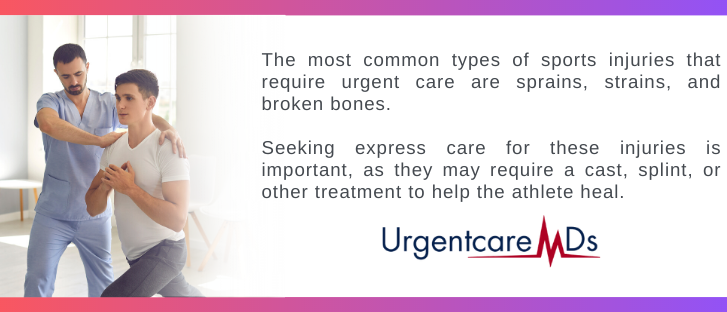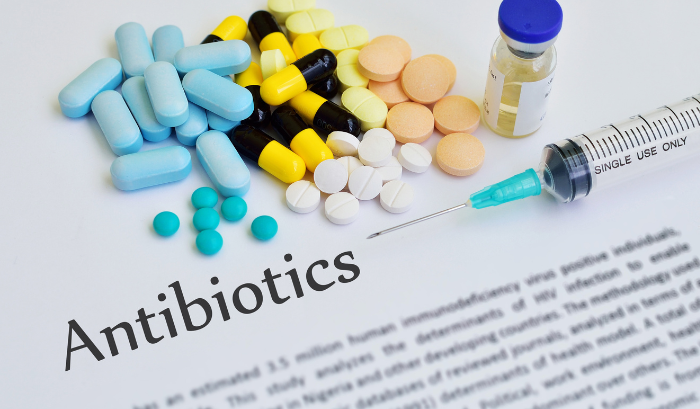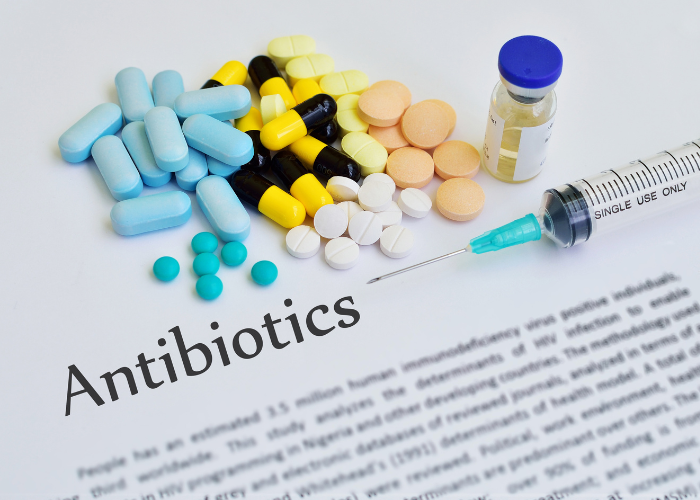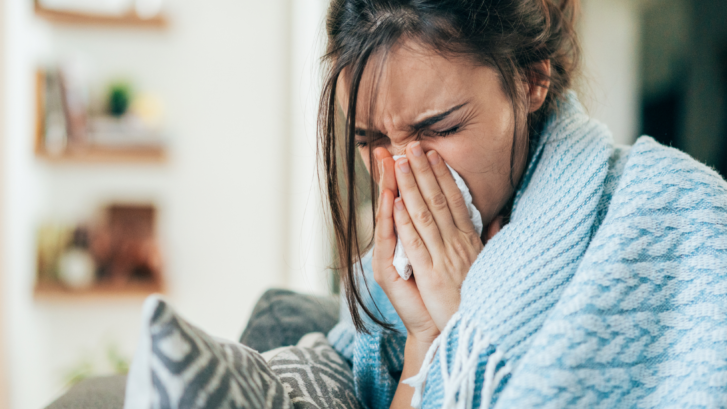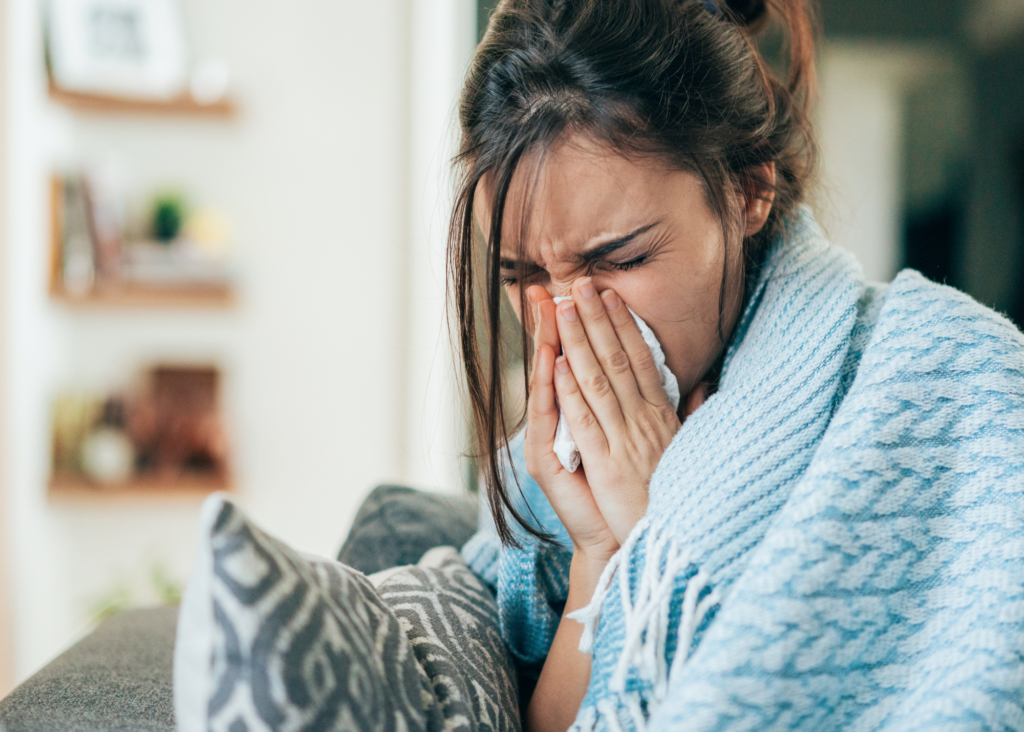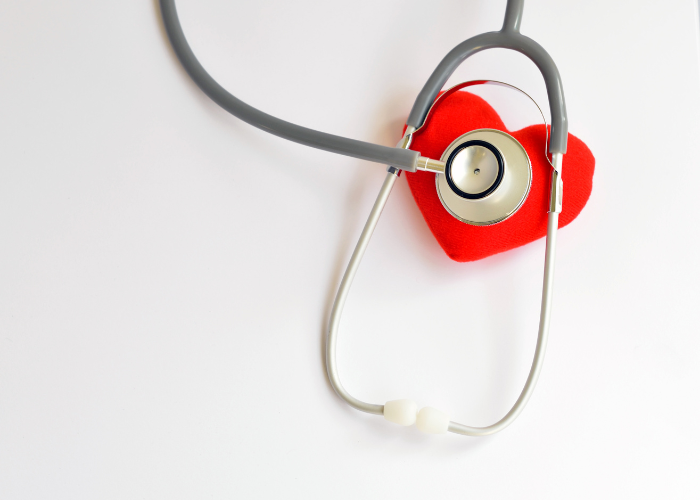Warning Signs and Symptoms of Heat-Related Illness
Heat-related illnesses can be serious and, in some cases, even deadly. Because of this, it’s important to be mindful of potential warning signs and symptoms of heat-related illness and be able to recognize them when they arise. In the United States, an average of 702 heat-related deaths occur each year, and 9,000 people are hospitalized each year due to heat.
With summer weather around the corner, it’s important to be aware of the warning signs and symptoms so you can take appropriate action if needed. This blog post will discuss the warning signs and symptoms of heat-related illnesses and provide an overview of what actions to take should any of these indications appear.
What is a heat-related illness?
Heat-related illnesses result from prolonged exposure to high temperatures, humidity, or both. When the body is exposed to extreme heat, it works hard to keep itself cool, which can lead to dehydration, heat exhaustion, heat stroke, and other heat-related illnesses.
A study from the Environmental Protection Agency shows the number of “heat-related” deaths that occur each year in the fifty states plus the District of Columbia. The orange line illustrates how many deaths list heat as the primary factor behind the death. The blue line represents deaths in which heat is either the primary or a contributing factor between May and September.
Chart from the United States Environmental Protection Agency (EPA)
It is important to take steps to protect yourself from heat-related illnesses. Drink plenty of water to stay hydrated, take frequent breaks in the shade or air-conditioned areas, and wear loose, light-colored clothing to help keep your body temperature regulated. Be aware of warning signs, such as headaches, dizziness, and nausea, that could indicate an oncoming heat-related illness. As these illnesses can be life-threatening if not treated quickly, talk to your urgent care specialist if you have any concerns.
What are the signs and symptoms of heat-related illnesses?
Heat-related illnesses can range from mild to severe and range anywhere from heat cramps to heat stroke. Knowing the signs and symptoms of each type of heat-related illness is the best way to ensure your and your family’s safety while enjoying the outdoors.
- Heat exhaustion
This is the mildest form of heat-related illness and can occur when your body has difficulty regulating its temperature. Symptoms include:
- Muscle cramping
- Fatigue
- Headache
- Nausea or vomiting
- Dizziness or fainting
- Excessive sweating
- Vomiting
- Heat stroke
Heat stroke is the most severe form of heat illness and can be serious and life-threatening. Symptoms include:
- High body temperature
- Confusion
- Shallow breathing
- Racing heart rate
- Unconsciousness (in some cases)
- Heat cramps
Heat cramps are painful muscle spasms caused by overexertion in hot, humid temperatures. Drink plenty of fluids and rest in a cool place to avoid heat-related illnesses. Symptoms include:
- Abdominal cramps
- Pain in the calves, arms, and abdomen
- Profusely sweating
- Headache
- Fatigue
- Heavy breathing
- Heat rash
This is a skin rash often caused by sweat trapping in the skin due to excessive heat, which can be itchy and uncomfortable. Symptoms may include:
- Prickly or itchy skin
- Dry and scaly skin
- Swollen red or purple bumps
- Rash looks like a cluster of pimples or blisters
- Pus-filled bumps
- Areas of skin that feel hot or burning
- Crusting of the rash area
- Swelling in the area of the rash
- Heat syncope
This is a condition characterized by feeling light-headed and faint, often as a result of standing for a long period of time in hot temperatures. Individuals may also experience dizziness and even loss of consciousness. Symptoms include:
- Feeling dizzy
- Nausea
- Clammy skin
- Sweating
- Lightheadedness
- Fainting
- Weakness
- Fatigue
- Confusion
- Headache
- Sunburn
Sunburn is caused by exposure to ultraviolet (UV) radiation from the sun. To avoid this, apply sunscreen with at least SPF 30, wear protective clothing, and limit exposure to direct sunlight. Symptoms include:
- Redness of the skin
- Tenderness and pain in the affected area
- Peeling of the skin after a few days
- Blistering of the skin
- Swelling
Tips for preventing heat-related illnesses
With the right information and strategies, you can prevent these illnesses and stay healthy in the summer heat. Steps you can take to make sure you enjoy a safe summer.
- Schedule outdoor activities during the cooler parts of the day, preferably in the morning or evening.
- Drink plenty of water to avoid dehydration and fatigue in hot weather.
- Wear light-colored, lightweight clothes to reflect sunlight and prevent overheating.
- Cover your head with a hat and use sunglasses for eye protection.
- Hang air curtains in front and back entrances of homes to help keep cool air in and hot air out.
- Select shades or shelters with air-conditioning or an electric fan to keep cool.
- When outside, minimize direct sunlight exposure. Take breaks in the shade whenever possible.
- Wear sunscreen with SPF 30 or higher. Reapply every two hours or after swimming or sweating to prevent sunburn.
- Check on others to make sure they are safe in the heat, especially vulnerable populations such as young children, seniors, and people with chronic illnesses.
- Stay aware of heat warnings in your area and be extra careful during heat waves.
- Keep emergency contact phone numbers handy, just in case you ever suffer from heat-related illness.
- If you experience lightheadedness, dizziness, or difficulty breathing after being in the heat for too long, consult a doctor.
Get immediate medical care at Urgencare MDs
Stay safe this summer and recognize the warning signs of heat-related illnesses before they become life-threatening. With summer in full swing, it’s essential to be aware of the signs of heat illness. If you experience any of the following symptoms, don’t hesitate to seek urgent care from Urgencare MDs, a trusted clinic for acute illnesses or medical needs.
At Urgencare MDs, we specialize in managing and treating heat-related illnesses quickly and effectively. Be sure to come to a pristine, clean, and safe clinic for proper treatment that you can depend on. Don’t let a heat-related illness ruin your summer season. Contact Urgencare MDs today to get prompt relief and proper treatment.
You can also visit one of our clinics near you:
***

